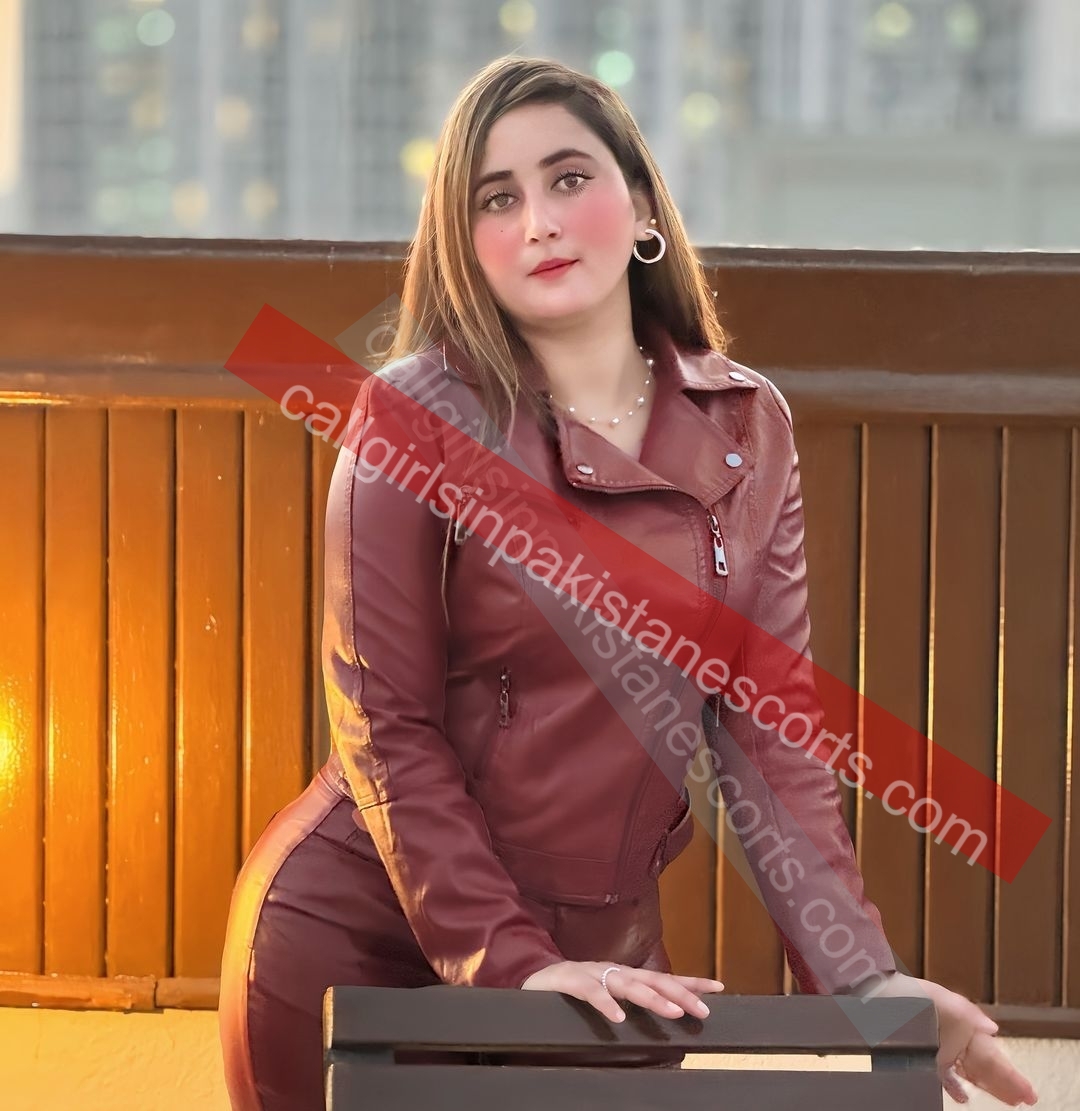Peshawar, the vibrant and historically rich city located in the Khyber Pakhtunkhwa province of Pakistan, presents a strikingly complex sociocultural landscape. Known for its hospitality, rich cultural heritage, and strategic importance, Peshawar also bears the marks of social challenges and unique subcultures, including the often-overlooked realm of LGBTQ+ communities, specifically Lesbian Call Girls In Peshawar. This blog post seeks to dissect the intricacies surrounding this aspect of Peshawar’s social fabric, addressing the underlying issues of identity, acceptance, and the broader implications for human rights.
An Overview of Peshawar’s Sociocultural Context
Peshawar’s history stretches back thousands of years, making it one of the oldest living cities in the region. The deep-rooted traditions and customs influenced by a myriad of cultures make it a fascinating place. However, alongside such rich cultural diversity lies a dichotomy wherein conservative values often clash with modernity and individual liberties.
In recent decades, discussions about sexual orientation and the rights of LGBTQ+ individuals have emerged prominently in urban spaces across Pakistan. Despite this progress, Peshawar remains a city where traditional gender roles and expectations persist. This conservative backdrop can impact the lives of individuals who identify as homosexual, specifically lesbians, who face unique challenges navigating their identities within this context.
Understanding Lesbian Identity in Peshawar
The journey toward understanding lesbian identity in Peshawar is fraught with societal restrictions and cultural taboos around discussions of sexuality. The challenges faced by lesbian women in the city are exacerbated by societal expectations regarding marriage, family structures, and heterosexual norms. For many, living authentically can seem daunting, and the fear of persecution leads to a communal suppression of sexual orientation.
Consequently, some lesbian women resort to clandestine means of expression which may involve relationships that are not openly partaken in or recognized by society. In this context, lesbian call girls emerge as figures embodying both resistance to tradition and the struggle for autonomy in a society that often denies them basic rights.
The Emergence of the Call Girl Culture
Call girl culture, while present in many societies as a form of sex work, assumes particular characteristics within conservative communities. In Peshawar, the rise of lesbian call girls often offers an avenue for financial independence while simultaneously serving as a protective compartment for women who might otherwise face harsh societal judgments or repercussions.
This juxtaposition is critical; engagement in sex work can offer a level of discretion for those who might otherwise have to conceal their sexual orientation. For these women, becoming a call girl can symbolize not only economic necessity but also a means of asserting control over one’s body and choices in a restrictive environment.
Economic Factors and Societal Pressures
The choice to engage in sex work frequently intersects with socio-economic factors. Many lesbians in Peshawar may experience limited access to education, job opportunities, and the economic stability that is readily available to their heterosexual counterparts. Circumstance leads them to consider alternative livelihoods, including call work, where they can gain some level of financial independence.
Additionally, societal pressures often impose a burden on women who dare to explore their sexual identities. The fear of discrimination or violence prompts some individuals to segregate their personal lives from their public personas, maintaining a facade that aligns with cultural expectations while privately exploring their sexual orientation through alternative avenues.
Challenges and Risks
While the existence of Lesbian Call Girls In Peshawar may represent an act of agency, it is not without inherent risks and challenges. Women in this sector may face societal stigmatization, legal consequences, and threats of violence. The criminalization of homosexuality in Pakistan creates an environment of fear, as these individuals may hesitate to seek help due to the risk of being outed or persecuted.
Additionally, the lack of support systems—both within the LGBTQ+ community and from wider society—leaves many vulnerable to exploitation. The intersection of gender and sexual orientation can compound these vulnerabilities, as the realities of patriarchal dominance further marginalize women’s voices in the conversation about rights and autonomy.
Routes to Empowerment and Advocacy
Despite these overwhelming challenges, there are emerging narratives of resilience and empowerment among lesbian women in Peshawar. Community organizing, although limited, plays a pivotal role in fostering safe spaces for dialogue, sharing resources, and building networks of support. By focusing on advocacy and establishing connections, these women can present a collective front against discrimination and stigmatization.
International human rights organizations have increasingly become involved in advocating for the rights of LGBTQ+ individuals in Pakistan, including creating awareness campaigns and legal assistance programs. As these global movements intersect with local efforts, there is potential for gradual change—a vital necessity for empowering lesbian communities in Peshawar.






